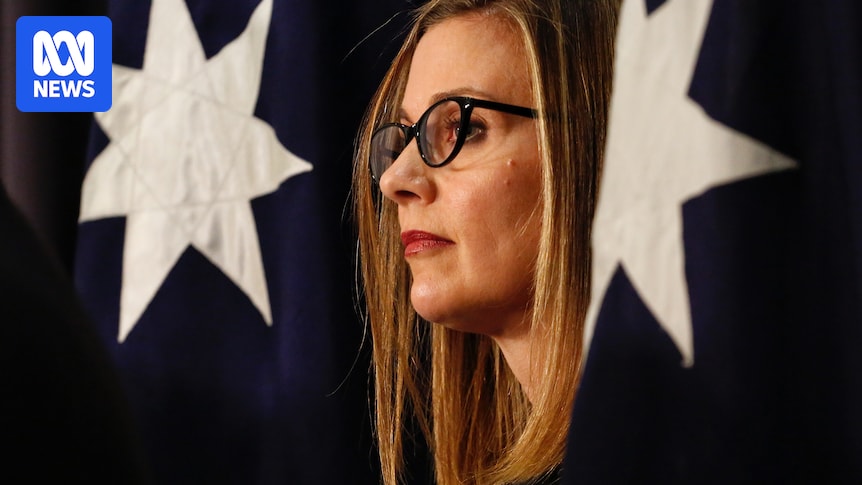
Australia’s eSafety Commissioner, Julie Inman Grant, has been thrust into the international spotlight after being called to testify before the US Congress. The move follows accusations from US lawmakers that her office has overstepped its bounds, allegedly censoring internet content accessible to Americans.
The request for testimony came in the form of a letter from US Congressional committee chairman Jim Jordan, who criticized both Inman Grant personally and Australia’s Online Safety Act (OSA). The letter described the OSA as a “foreign censorship regime,” asserting that its broad application poses a threat to American free speech.
US Concerns Over Foreign Censorship
The letter from the Committee on the Judiciary, which is assessing potential reforms to safeguard against “foreign censors,” specifically targets Inman Grant’s interpretation of the OSA. “Your expansive interpretation of [the OSA]… directly threatens American speech,” it stated.
While it remains uncertain whether Inman Grant will comply with the request, sources indicate that any testimony would likely be delivered via video link, rather than in person. This development comes amid heightened scrutiny of international regulatory practices affecting US-based digital platforms.
Allegations of Collusion and Zealotry
The letter further accused Inman Grant of “colluding” with “pro-censorship entities” during a recent visit to the US, where she delivered a keynote speech at Stanford University. This institution has become a focal point for criticism from the Trump administration regarding ideological biases.
Highlighting eSafety’s legal battle with Elon Musk’s social media platform, X, the committee labeled Inman Grant’s actions as zealotry. The case involved eSafety’s unsuccessful attempt to compel the platform to globally remove footage of a violent incident in Western Sydney, citing the inadequacy of geo-blocking measures.
“Your commission sought to compel X to remove content globally, arguing that its geo-blocking of the content was insufficient because Australians could use VPNs to access the content,” the letter said.
Virtual Private Networks (VPNs) allow users to mask their locations, potentially bypassing local content restrictions. The committee expressed concern that global content takedown orders could set a precedent for other governments to follow suit.
eSafety’s Stance and Future Implications
In response, a spokesperson for eSafety highlighted the regulator’s acceptance of geo-blocking as a reasonable response to removal notices. This was demonstrated in recent cases involving high-profile killings in the US, where footage was banned under Australian classification rules, but global removal was not insisted upon.
“There’s nothing eSafety is doing that prevents American companies from displaying whatever they want to Americans,” the eSafety spokesperson said.
Inman Grant has been asked to respond to the committee’s request by December 2, 2025. Her office is currently deliberating whether to comply, considering eSafety’s ongoing priorities, including the enforcement of Australia’s upcoming teen social media ban set to take effect on December 10.
“I’m answerable to the communications minister here and to the Australian parliament, and not to the US Congress,” Inman Grant stated, emphasizing her accountability to Australian authorities.
Broader Context and Historical Parallels
This confrontation underscores a growing tension between national regulatory frameworks and the global nature of the internet. Similar issues have arisen in Brazil, where authorities have justified global content removal orders, raising alarms about potential overreach.
Experts suggest that as digital platforms continue to operate across borders, conflicts between national laws and international access will likely increase. This case serves as a reminder of the complex interplay between national sovereignty and the global digital landscape.
As Australia prepares to implement its teen social media ban, the outcome of this congressional inquiry could influence future international regulatory collaborations and the balance of power between national governments and global tech giants.






